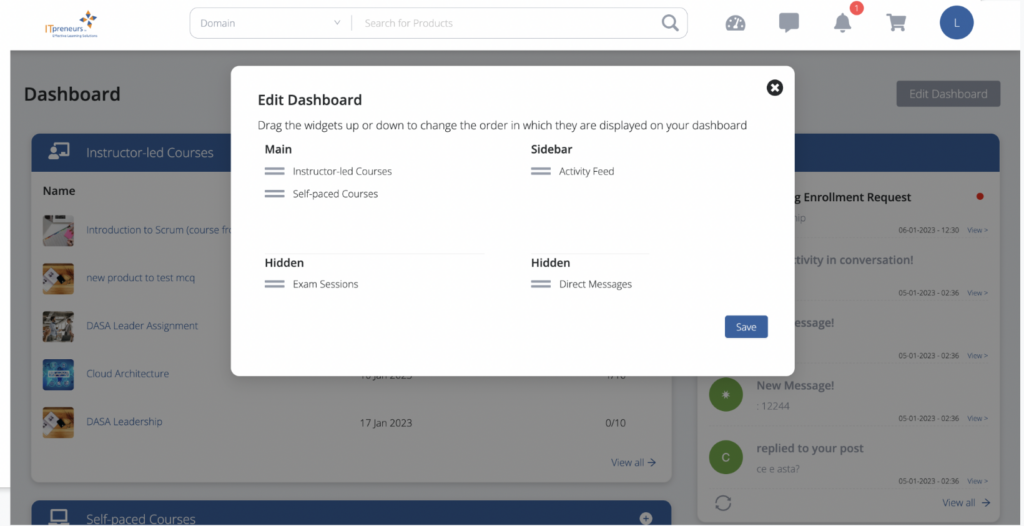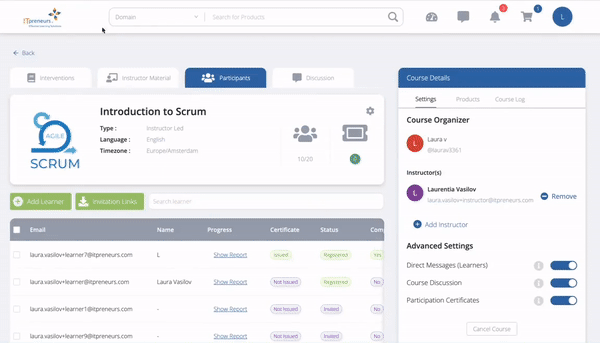Axelos suggests that ITIL® 4 will “evolve to provide an end-to-end IT/Digital Operating Model, covering the full delivery (and sustaining) of tech-enabled products and services, guiding how IT interfaces with and even leads, the wider business strategy.”
ITIL 4 provides some key characteristics to the former lifecycle approach including:
A “holistic approach” that covers all service elements from value to people to technology underpinned by “Integrating with other practices”, “guiding principles” and “ITIL practices” which build on the ITIL Practitioner and ITILv3 processes.
A service value system and service value chain – underpinned by four dimensions to identify, map and show how people, activities, process, and other items, combine to show value from end-to-end.
So how does ITIL4 fit with DevOps?
What I like about ITIL 4 is the service value chain is that it is relatively straightforward, flexible and adaptable and dovetails neatly into other methods, frameworks, and practices (including Agile, DevOps, Governance and others), product teams and adapts to changing demand efficiently.
The given diagrams represent the DevOps and ITIL 4 approaches. Let us understand a summarized comparison of the different phases and activities of the two approaches:
DevOps
ITIL 4
Comments
The 3 Ways:
- Find ways to remove bottlenecks
- Amplify Feedback Loops
- Experimentation and Learning
Additionally, ITIL 4 thoroughly emphasizes communication, collaboration and removing silos – the idea that strongly relates to DevOps’ cultural movement approach but also maintains the fundamentals of delivering a quality service.
Mark Smalley’s whitepaper also suggests overcoming “habitual ways of working” through driving change in the right way covering “Process, Analysis, and Experimenting” – channel the three ways of DevOps:
As Mark puts it, “[ITIL 4] is truly an integrated model for digital service management”.
References:
- ITIL4 & DevOps A Cultural Approach by Mark Smalley
- Phoenix Project and DevOps Handbook
- Is ITIL4 DevOps Ready? – Rob Akershoek, Fruition Partners / IT4IT The Open Group
About the author

Dynamic, passionate, award-winning, SC cleared and customer-focused digital and technology professional, speaker and trainer with extensive experience in many sectors including Financial Services, Retail, Education, Public Sector and BPO.
Excellent communication, problem-solving, stakeholder and customer service delivery skills involving B2B and B2C end-to-end delivery of multi-million-pound budgets and business divestitures and on-boarding of new digital and cloud services within from SME companies to Global Multinational Corporations.
Able to drive improvement on a global scale through process re-engineering and best practice, across a wide variety of hosted and cloud technologies. Experience of managing teams, influencing, budgetary control and leadership.



